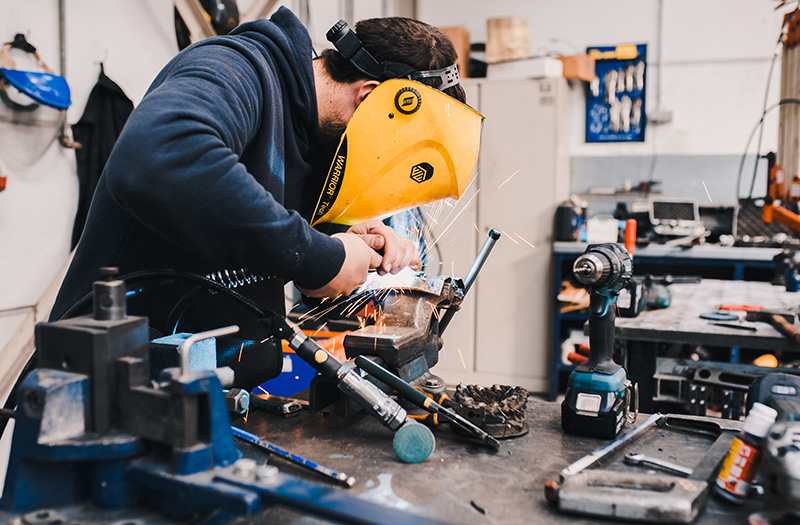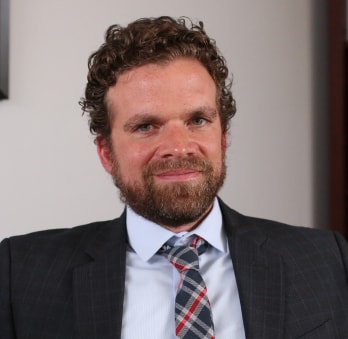
If you sustain a work-related injury, you may be entitled to receive worker’s compensation benefits. But when should you return to work, and how will this affect your settlement?
The attorneys at Arechigo & Stokka have the knowledge and experience necessary to help you answer these questions and more. Read on to find out what you need to know before returning to work after a work-related injury.
Workers’ Compensation Settlement After Returning to Work
If you are injured in an on-the-job work accident, you might be wondering what you need to do to receive your settlement. The answer may not be so simple, and there are often many factors to consider.
On one hand, your employer might be eager for you to get back to work as quickly as possible. But, on the other hand, this might not be what is best for your health or your workers’ compensation case. Knowing and understanding the relevant factors is crucial to making sure you receive your settlement.
When Should I Go Back to Work?
Before going back to work, you should make sure you are cleared by a medical professional. Even if you feel prepared, or your employer has encouraged you to come back, it is important to be sure. Returning to work before you are physically and mentally ready could lead to further injury and other negative consequences.
Do I Need To Be Fully Healed?
Although you might not need to be fully healed to go back to work, there may be consequences if you return before you are. Before returning to work, you should first reach what is called “maximum medical improvement” (MMI).
Maximum medical improvement is the point at which an injured person’s condition has stabilized. This is essentially the point where a doctor determines that the condition or injury cannot be improved any further.
What Puts My Settlement at Risk?
Returning to work before you are ready can put your settlement at risk. Workers’ compensation claims help compensate individuals who sustain work-related injuries. The idea is that the injured worker cannot do that same job with the injuries they sustained, and as a result, they need compensation.
If you return to work before reaching maximum medical improvement, a workers’ compensation insurance company might take this to mean that your injuries were not that serious or that you do not need the entire settlement that was offered.
Can I Get a Settlement If I Work With Restrictions?
In some cases, your doctor may consider you to be at maximum medical improvement. However, you might still be partially disabled as a result of your injury. If this is the case, your doctor might clear you to work under certain restrictions.
As a part of your workers’ compensation settlement, your employer might offer you a less strenuous position that you can perform at your MMI level. In this scenario, you may still be entitled to settlement payment after returning to work, as long as you have been medically cleared to do so.
When You Should Get a Workers’ Compensation Attorney
Having an experienced workers’ compensation attorney can help you protect your rights in the aftermath of an on-the-job injury. The team at Arechigo & Stokka will give you the time and attention your case deserves. Contact us today for a free consultation to see how we can help you with your workers’ compensation case.



